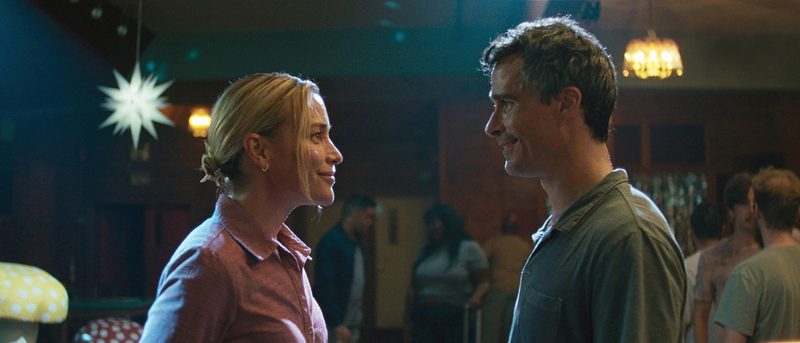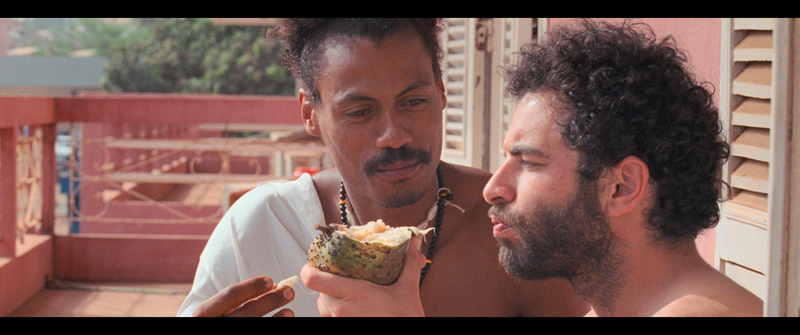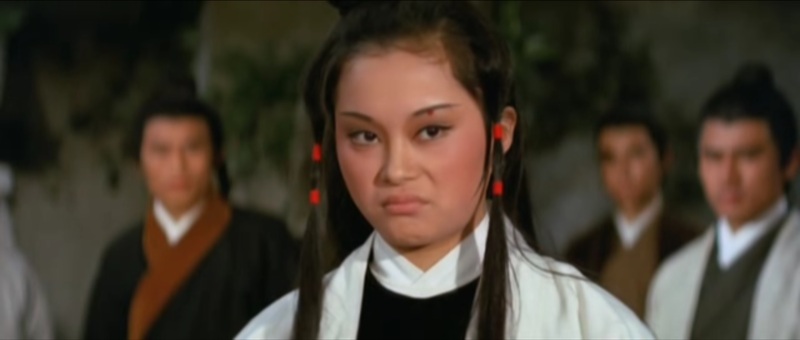
Love Grows Somewhere Between Chaos and Quiet
MOVIE REVIEW
Peak Everything (Amour Apocalypse)
–
Genre: Comedy, Romance
Year Released: 2025
Runtime: 1h 35m
Director(s): Anne Émond
Writer(s): Anne Émond
Cast: Patrick Hivon, Piper Perabo, Gilles Renaud, Elizabeth Mageren, Eric K. Boulianne, Connor Jessup, Gord Rand, Patrick Garrow, Sienna Feghouli, Denis Houle, Jean-Carl Boucher
Where to Watch: shown at the 2025 Cannes Film Festival
RAVING REVIEW: This story plays with limits—blurring chaos with soft-spoken humor, placing global collapse next to personal longing. It knows how to slip between tones without needing to justify the transitions. It trusts that audiences can feel the noise behind the silence and recognize sincerity in absurdity. There's a strange confidence in its refusal to clarify. This isn't a love story. It's not a disaster film either. It's a snapshot of fragility wrapped in dry wit and slightly off-kilter optimism.
Adam is introduced as someone who seems to be floating through life while anchored to the ground. His days are repetitive, tucked inside his routines at a dog kennel. But instead of a dramatic disruption, it’s a small, nearly forgettable act that sparks something transformative. The therapy light he tries, marketed for healing relief, connects him to Tina, a voice on a customer service line that becomes an emotional lifeline. What begins as a simple question leads to a subtle, slow-burning connection. The story never insists on the depth of this relationship. Instead, it lets the possibility of love grow in peculiar, quiet spaces.
This approach lets the narrative stretch in unorthodox ways. Where most romances build momentum through physical closeness or shared experiences, this one hinges entirely on the act of listening. The two leads don’t share the same space but inhabit the same emotional core. Their relationship isn’t glamorous or idealized—it’s hesitant, awkward, and rooted in mutual uncertainty. It speaks to how connection can form not despite vulnerability but because of it.
What makes the structure so compelling is how easily it drifts between genres without losing sight of its grounding. It operates with the DNA of a romantic dramedy, but a looming sense of existential crisis pushes it toward something more introspective. Environmental collapse isn’t a plot device; it’s an atmospheric condition, a fact of life. The characters don’t try to solve it—they simply exist within it, sometimes helpless, sometimes numb, occasionally moved to act.
Visually, the aesthetic feels almost suspended in time. The grainy texture of the 35mm film adds an unpolished honesty to the experience, reinforcing the world’s rough edges. You can feel the weight of dust in the air, the blur between technological presence and environmental decay. There's a palpable intention behind the look of the film—it doesn’t strive for beauty, but lands on something hauntingly recognizable. Landscapes feel like memories. Urban infrastructure looms. Even the light feels tired, like the world is barely holding on.
The ensemble cast adds additional depth to this atmosphere of emotional disarray. No matter how fleeting their appearance, every supporting character seems overwhelmed. Whether struggling with their fears or failing to show up for others, the film consistently allows people to be flawed without judgment. These aren’t exaggerated performances—they’re minimal, restrained, and all the more effective. It gives the film a depth that reaches beyond its central relationship.
One of the film’s best choices is its commitment to ambiguity. Adam’s arc is more about recognition than change. It’s about realizing that even small moments of comfort can matter, especially when the rest of life feels like a storm you’ve learned to live inside. The film poses questions without rushing to answer them—about resilience, intimacy, and the strange ways we try to stay human while everything else feels uncertain.
The director’s personal experiences inform the shape and sensitivity of the story. You can feel the lived-in honesty behind Adam’s struggles, and the choice to center a man’s emotional vulnerability feels deliberate rather than performative. The film pushes back against stereotypes without making a show of them. The protagonist's transparency isn’t treated as unusual—it’s simply part of who he is.
What sets this film apart isn’t that it tries to answer big questions; it acknowledges we often can’t. It finds resonance in listening rather than asserting. Its perspective is less about grand gestures and more about how deeply people long for small moments of peace. And when those moments appear, however strange or temporary, the film understands they’re worth holding onto.
Please visit https://linktr.ee/overlyhonestr for more reviews.
You can follow me on Letterboxd, Instagram, Twitter, and YouTube. My social media accounts can also be found on most platforms by searching for 'Overly Honest Reviews'.
I’m always happy to hear from my readers; please don't hesitate to say hello or send me any questions about movies.
[photo courtesy of INDIE SALES, METAFILMS, IMMINA FILMS]
DISCLAIMER:
At Overly Honest Movie Reviews, we value honesty and transparency. Occasionally, we receive complimentary items for review, including DVDs, Blu-rays, CDs, Vinyl Records, Books, and more. We assure you that these arrangements do not influence our reviews, as we are committed to providing unbiased and sincere evaluations. We aim to help you make informed entertainment choices regardless of our relationship with distributors or producers.
Amazon Affiliate Links:
Additionally, this site contains Amazon affiliate links. If you purchase through these links, we may receive a commission. This affiliate arrangement does not affect our commitment to honest reviews and helps support our site. We appreciate your trust and support in navigating these links.



Average Rating